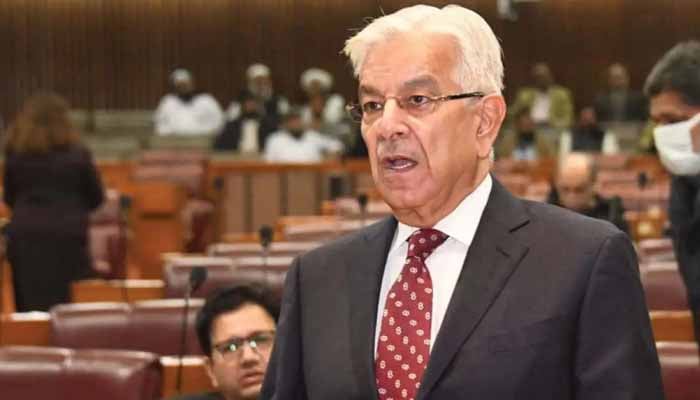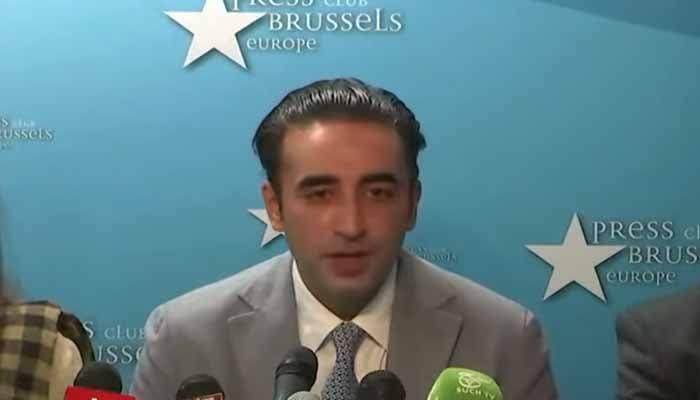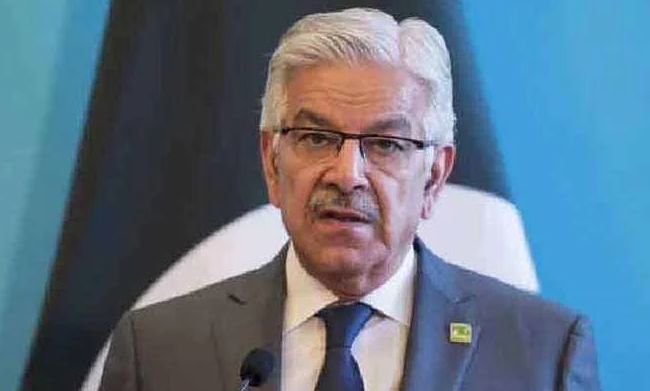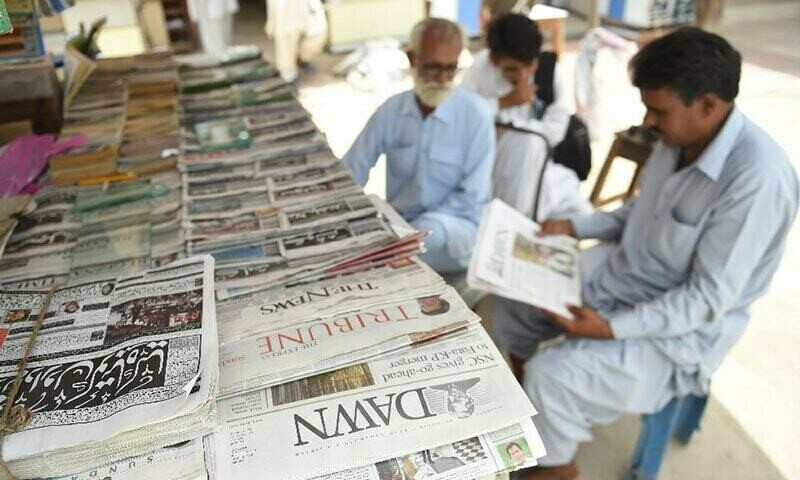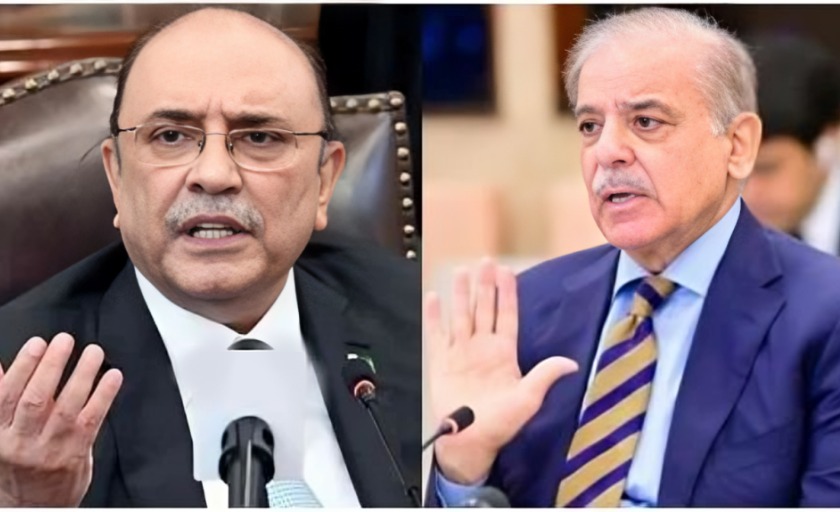POLITICS & POLICY MAKING
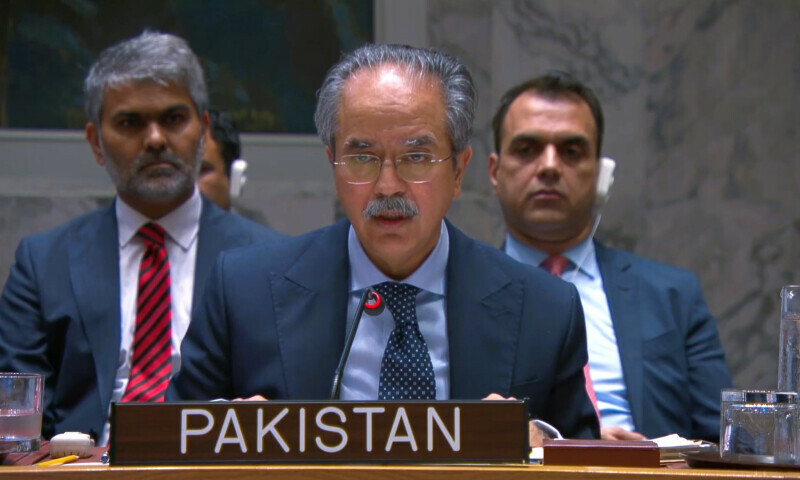
Pakistan condemned Israel’s widescale airstrikes on Iranian nuclear and military targets as a “grave danger and serious threat” to global peace and stability. The emergency session of the UNSC was convened at Iran’s request following the deadly Israeli attacks on Friday, which reportedly killed 78 and wounded over 300, including senior commanders and nuclear scientists.
Israel claimed the strikes targeted nuclear facilities, missile factories, and military leadership to prevent Iran from developing atomic weapons. Explosions were reported at critical sites such as Natanz, Iran's main uranium enrichment facility. Among the casualties were six Iranian nuclear scientists and IRGC chief Hossein Salami, according to Iranian state media.
Speaking at the UNSC session, Pakistan’s Permanent Representative Ambassador Asim Iftikhar Ahmad categorically rejected Israel’s actions as “unjustified and illegitimate,” reiterating Pakistan’s unwavering support for Iran’s sovereignty and right to self-defence under Article 51 of the UN Charter.
“This is a violation of Iran’s territorial integrity and a threat to the entire region’s peace and security,” Ambassador Asim said. He urged the UNSC to immediately fulfill its responsibility to uphold international law and halt the aggression before the crisis escalates into a wider regional conflict.
Pakistan’s position, echoed by other nations including China, Russia, and Algeria, stood out for its clarity and principle in a typically cautious diplomatic environment.
Foreign Minister Ishaq Dar, in a call with his Iranian counterpart Abbas Araghchi, condemned the Israeli strikes and offered condolences for the loss of lives. He assured Tehran of Islamabad’s full solidarity, emphasizing that Pakistan “stands firmly with Iran for the sake of regional peace.”
UN Under-Secretary-General Rosemary DiCarlo also addressed the council, calling for maximum restraint and a return to diplomacy. She highlighted the risk of escalation at a time when diplomacy, including potential U.S.-Iran talks in Oman, was gaining momentum — talks that now appear to be suspended due to the attacks.
The Director General of the International Atomic Energy Agency (IAEA), Rafael Grossi, warned of grave implications for nuclear safety and security, stating that “nuclear facilities must never be targeted under any circumstances.” He expressed readiness to visit the region to assess the situation and support non-proliferation efforts.
Grossi reiterated that diplomacy is the only sustainable path forward: “A technical and transparent engagement is essential to avoid miscalculation and ensure peace.”
Pakistan’s strong diplomatic stance reaffirms its commitment to regional stability and international law — contrasting with the more muted responses from many global powers.
As calls grow for accountability and restraint, Islamabad’s clear support for Iran’s sovereignty and rejection of Israeli aggression may shape a broader diplomatic realignment in the region.
